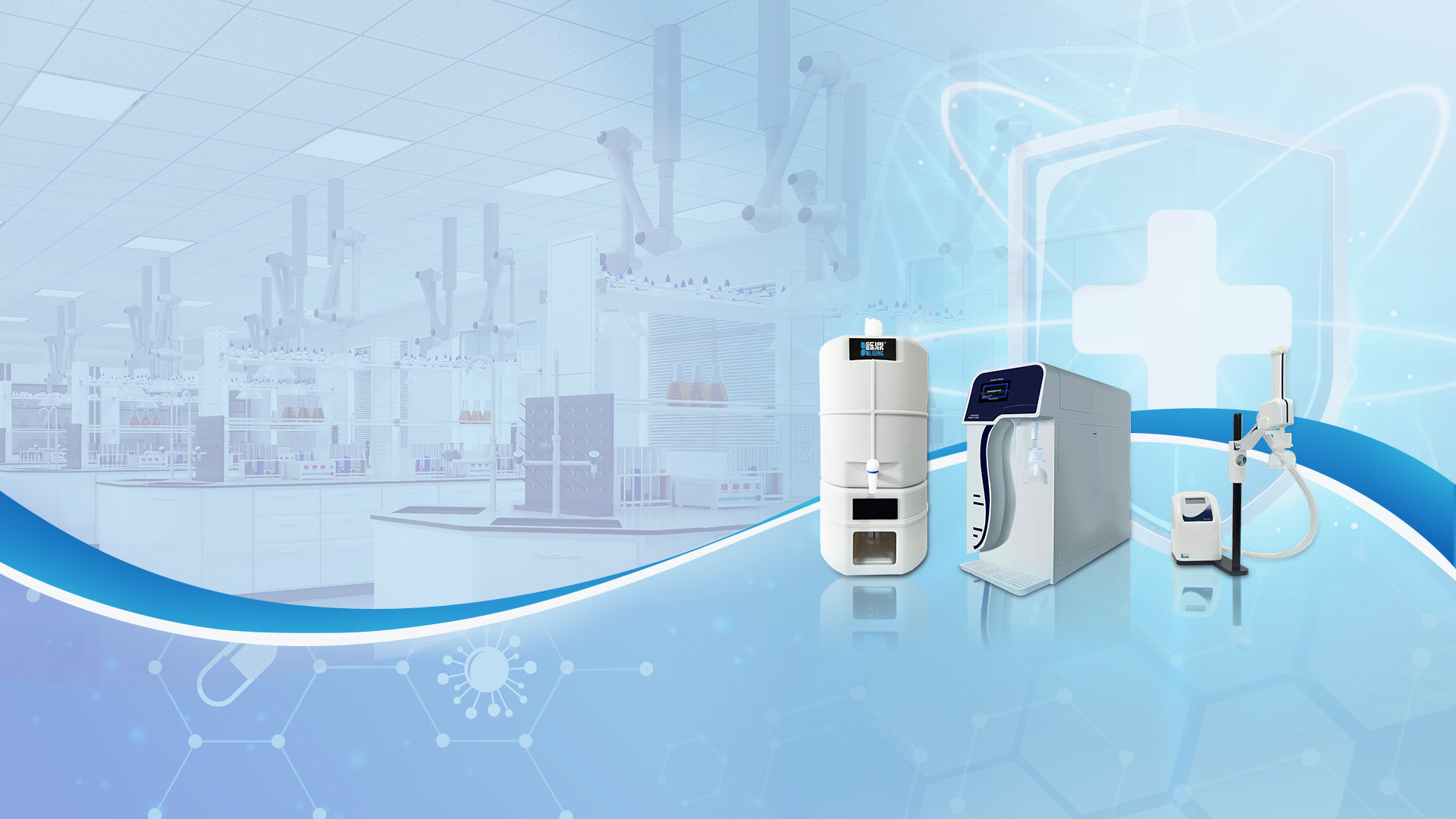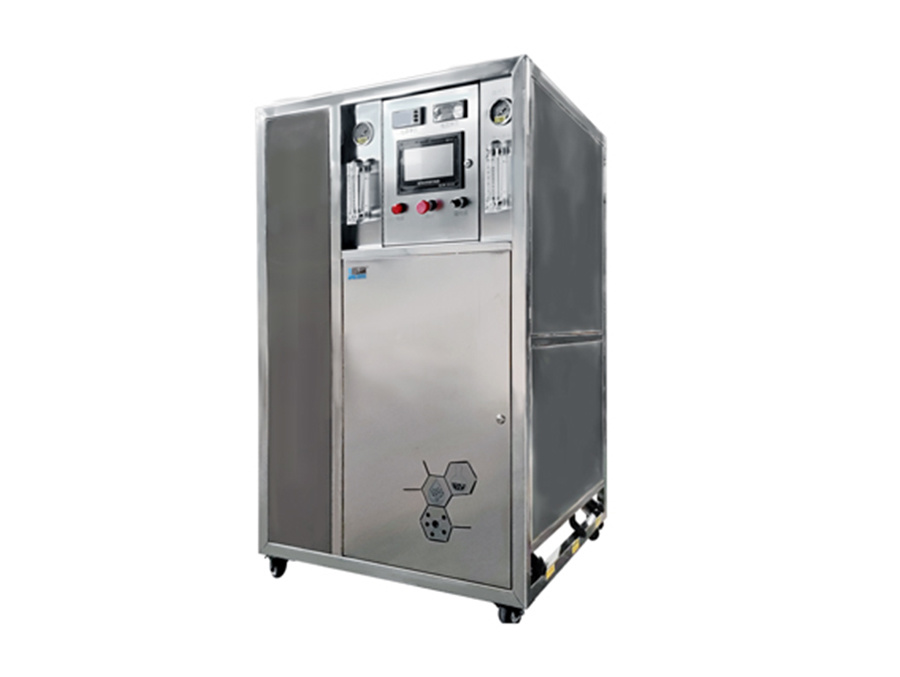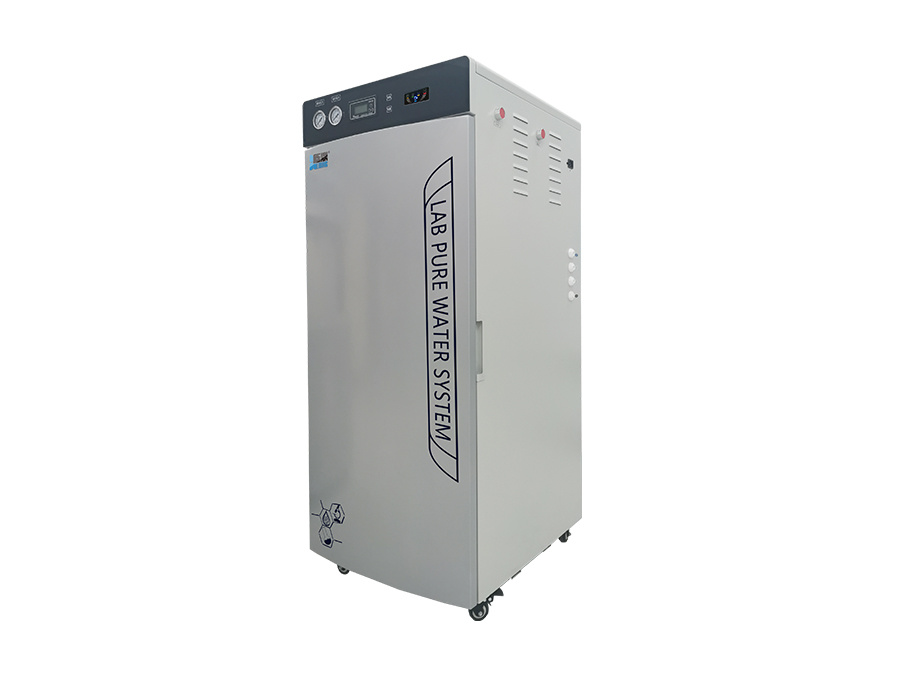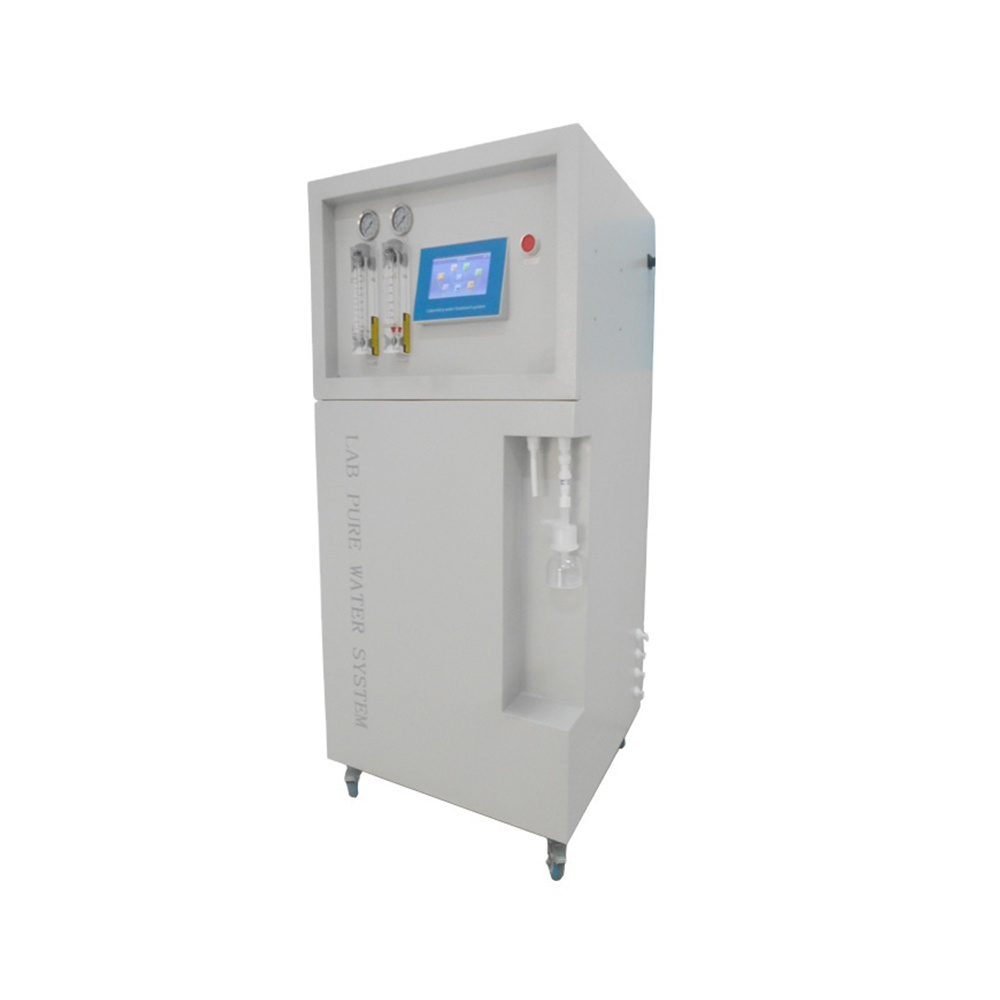Understanding Ultra Pure Water Purification Systems: Essential Insights for Industrial Applications
Time:
Oct 14,2025
Ultra pure water purification systems are designed to remove virtually all contaminants from water, producing water that meets the stringent requirements of various industrial applications. The need for ultra pure water is driven by industries such as pharmaceuticals, electronics manufacturing, and power generation, where even trace impurities can lead to significant operational issues.
The purification process typically involves multiple stages, including pre-filtration, reverse osmosis, and deionization, each contributing to the overall effectiveness of the system. Pre-filtration removes larger particles and sediments, preparing the water for more advanced treatments. Reverse osmosis utilizes a semipermeable membrane to eliminate dissolved solids, while deionization targets ionic impurities, ensuring that the final product is free from any charged particles.
One of the key benefits of using ultra pure water purification systems is the reliability of the resulting water quality. In pharmaceutical manufacturing, for example, the presence of contaminants can affect product safety and efficacy. This critical need for purity extends to the electronics industry, where even minute levels of impurities can compromise the integrity of microchips and other sensitive components.
Moreover, ultra pure water systems can enhance the efficiency of industrial processes. By providing water with minimal contaminants, these systems can help reduce equipment scaling and corrosion, leading to lower maintenance costs and prolonged equipment life. This is particularly important in steam generation and cooling applications, where water quality directly impacts system performance and energy efficiency.
When evaluating ultra pure water purification systems, it’s essential for professionals to consider factors such as system capacity, energy consumption, and maintenance requirements. Each application may have unique demands, and selecting the appropriate technology is crucial for achieving optimal results. Additionally, advances in technology, such as energy-efficient pumps and automated monitoring systems, are continually improving the performance and sustainability of these purification solutions.
In conclusion, ultra pure water purification systems play a vital role in ensuring the highest quality of water necessary for various industrial applications. By understanding the mechanisms and advantages of these systems, professionals can make informed decisions that enhance operational efficiency and product quality in their respective fields. Investing in such advanced purification technologies not only meets regulatory standards but also supports the long-term sustainability of water resources in industrial operations.
The purification process typically involves multiple stages, including pre-filtration, reverse osmosis, and deionization, each contributing to the overall effectiveness of the system. Pre-filtration removes larger particles and sediments, preparing the water for more advanced treatments. Reverse osmosis utilizes a semipermeable membrane to eliminate dissolved solids, while deionization targets ionic impurities, ensuring that the final product is free from any charged particles.
One of the key benefits of using ultra pure water purification systems is the reliability of the resulting water quality. In pharmaceutical manufacturing, for example, the presence of contaminants can affect product safety and efficacy. This critical need for purity extends to the electronics industry, where even minute levels of impurities can compromise the integrity of microchips and other sensitive components.
Moreover, ultra pure water systems can enhance the efficiency of industrial processes. By providing water with minimal contaminants, these systems can help reduce equipment scaling and corrosion, leading to lower maintenance costs and prolonged equipment life. This is particularly important in steam generation and cooling applications, where water quality directly impacts system performance and energy efficiency.
When evaluating ultra pure water purification systems, it’s essential for professionals to consider factors such as system capacity, energy consumption, and maintenance requirements. Each application may have unique demands, and selecting the appropriate technology is crucial for achieving optimal results. Additionally, advances in technology, such as energy-efficient pumps and automated monitoring systems, are continually improving the performance and sustainability of these purification solutions.
In conclusion, ultra pure water purification systems play a vital role in ensuring the highest quality of water necessary for various industrial applications. By understanding the mechanisms and advantages of these systems, professionals can make informed decisions that enhance operational efficiency and product quality in their respective fields. Investing in such advanced purification technologies not only meets regulatory standards but also supports the long-term sustainability of water resources in industrial operations.
RELATED NEWS








